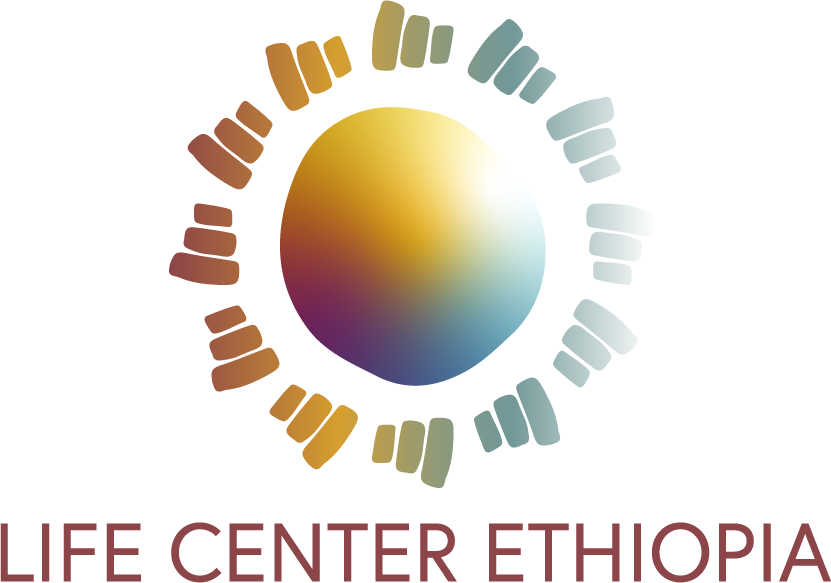The status of women in Ethiopia is one of the poorest in the world. More than 80 percent of women do not own property. Forty percent of women are married before their eighteenth birthday. Early marriage, the all-around gender depravity, lack of property ownership, disease, and poverty are the leading causes of widowerhood and women's vulnerability in Ethiopia. Poverty in women is multi-faceted and linked to a lack of women's economic, social, and political empowerment, including their access to and control over information, services, resources, and commodities.
Overall, women’s health has been adversely affected by poverty, poor nutrition and restricted access to health care services due to financial constraints and cultural beliefs. Contraceptive use among women is low at 20 percent, and only 10 percent of births were attended by skilled health personnel in 2011. Moreover, 28 per cent of women of reproductive age are chronically malnourished, with the problem being particularly acute in rural areas.(1) (UN report on leave no woman behind.)
The goal of Life Center is one of Equality for all women. Our focus is to impart an understanding of a woman’s value, to view herself as beautiful, valuable, loved beyond measure by God our Father. To teach her a skill and train her to start her own business and give her a mico-loan to make it possible. As she makes money to support her family, and sees her own success while being spurred on by her community of supporters at Life Center Ethiopia, she becomes more self-confident and hopeful. This process changes not only she and her family, but begins to have a direct impact on women around her. As she changes, she begins to also change the attitudes, beliefs, and behavior of women around her. Our hope is to change the narrative and view of women in Ethiopia; their own views and internal narratives about themselves as well as the values placed on them by men and leaders.
At Life Center Ethiopia we are seeing that narrative change. Currently we are working with just over 100 widows in Addis Ababa and Sekota. Selected based upon a set of criteria, our widows are taught life skills, sewing, soap making, business development and personal financial management. When given a microloan of $300 in supplies, a widow will be given ongoing business and financial training, accountability and counseling support with the goal that she would have a self sustaining business and her loan be paid back within 2 years.
MEET SERKALEM
This is Serkalem, a mother of four children. “I have done different kinds of labor work to earn a living and bring up my children, as a single mother because my ex-husband divorced me and abandoned his children to marry another one. My income had not been sufficient to feed my children and pay for rent and other bills. Schooling had been a luxury to my kids. It was then that I was introduced to an organization called Life Center Ethiopia. Taking my poor living condition into consideration, it started to support one of my children. Though I had faced lots of challenges and difficulties in my life, I had never lost hope that change would come someday.”
“I received a micro loan and different capacity building training from Life Center Ethiopia. And I started a small business. Currently. I earn a good sum of money by selling clothes and house ware equipment. I, heartily, thank God for raising Life Center Ethiopia to the all-rounded change of my life for the better.
MAINSTREAM STRATEGY: RESONANCE EFFECT
As a mainstream strategy, the Programme promotes what has been called the “resonance effect:” once a woman has been empowered through her participation in the Programme, she often becomes the Programme’s strongest advocate. She wants to share her newly acquired knowledge and provide advice to her family, friends and neighbors.
The Program harnesses the power of the resonance effect by encouraging beneficiaries to share their new knowledge and insights with other members of the community. Thus the new ideas and information are accepted and internalized, not imposed by outsiders, making the Programme’s impact all the more sustainable. For instance, in the Community Conversation series, each participant is expected to communicate what he/she has learned with 10 other people; in the Livelihoods program, each woman reaches out to 6 other women.





